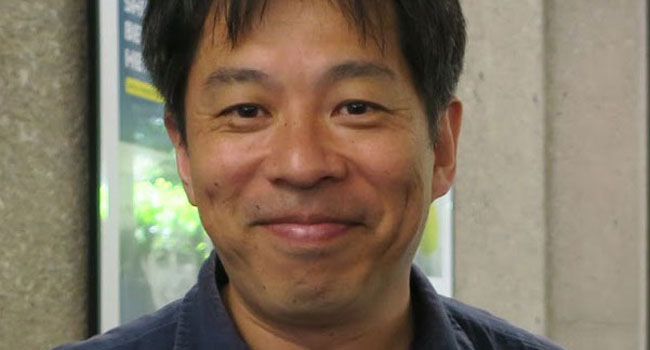
Socialization practices regarding shame (hazukashii) in Japanese caregiver–child interactions
Guest lecture by Professor Akira Takada from Kyoto University.
Tidspunkt
07.03.2019 kl. 12.30 - 14.15
Beskrivelse
Affect is both an organizing force and a product of socialization practices in communities. Shame is an affective experience that is primarily rooted in socially shared normativity, and it has featured in studies of language socialization that examine how children are socialized into their socio-culturally structured universe (Duranti et al., 2012).
After the publication of Benedict’s (1946) seminal work, shame became associated with the ethos of East Asian cultures. Inspired by previous work, this paper focuses on the use, in socialization, of phrases that include the Japanese term "hazukashii", which is commonly translated as shameful, in the context of Japanese caregiver–child interactions.
We videotaped interactions between young Japanese children and their caregivers in natural settings and examined the gestures and speech around uses of "hazukashii". The results indicate that phrases including "hazukashii" are often used when a child hesitates to perform an appropriate action or performs an act that is deemed inappropriate. The caregiver thereby provides an account that, in the given context, the action or act is not acceptable.
Further, "hazukashii" is also used in teasing contexts. This is done to promote a cooperative and pleasant atmosphere. The word "hazukashii" is a powerful tool for the language socialization of children in Japanese speech communities.
Adresse
Fredrik Bajers Vej 7H, AUD 1.002
